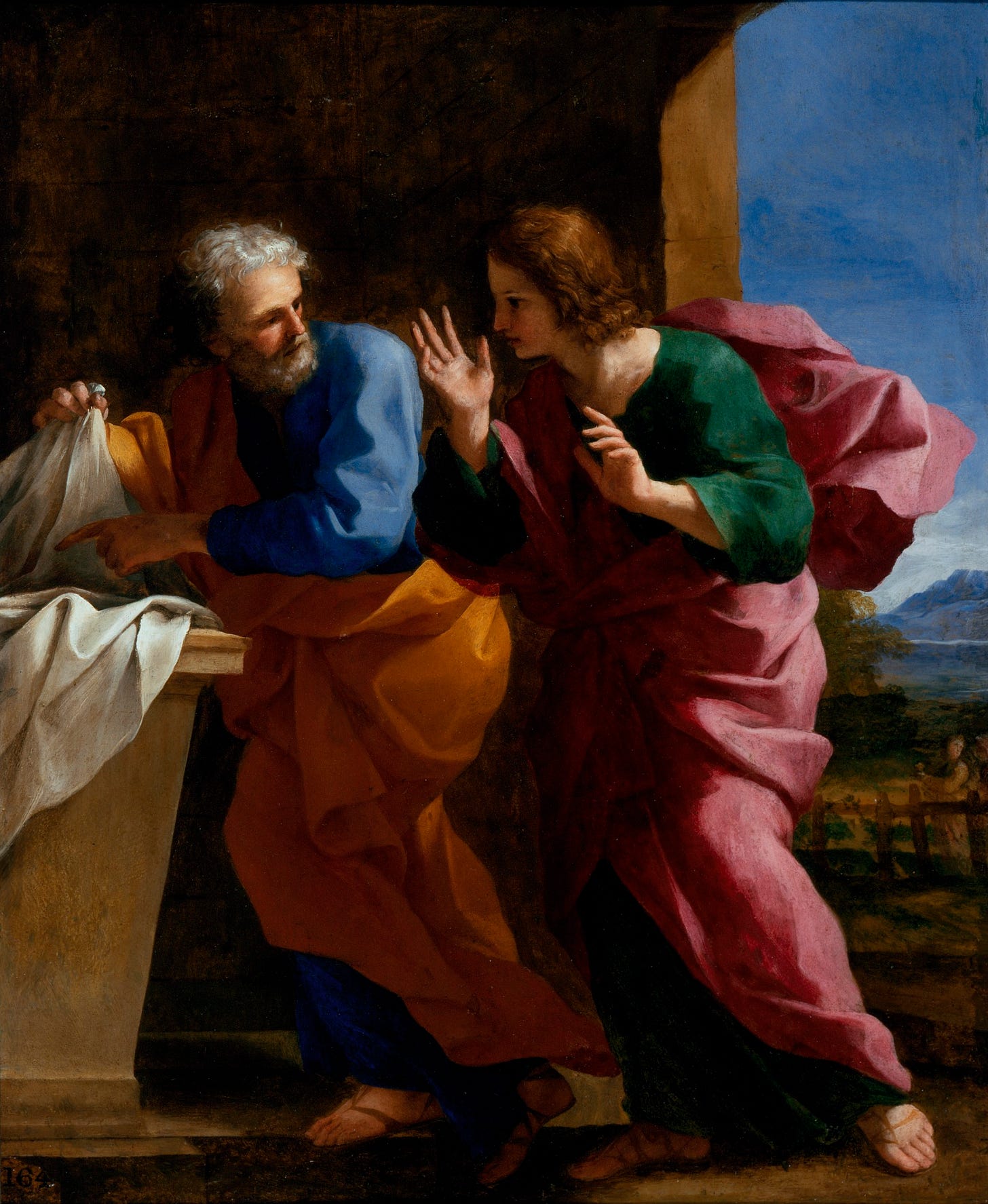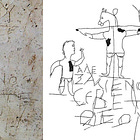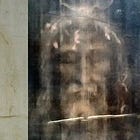Miracles Can't Happen No Matter What? 1-Minute Case Debunking Presuppositions On Miracles
David Hume’s Fallacy: Why Miracles Are More Rational Than You Think

Do extraordinary claims require extraordinary evidence?
When winning the lottery is the best explanation
Scottish empiricist philosopher, David Hume, famously stated, “A wise man..proportions his belief to the evidence.” Hume adds, “A miracle is a violation of the laws of nature; and as a firm and unalterable experience has established these laws, the proof against a miracle, from the very nature of the fact, is as entire as any argument from experience can possibly be imagined.”
Circular reasoning
Hume assumes miracles never happen as they are at odds with laws of nature, then uses this assumption as proof miracles never happen. This is dogma disguised as reason.
Pew Research reports 45% of US adults claim to have experienced a supernatural connection, which Hume would instantly dismiss. Perhaps the world has far more mystery to it than Hume would ever admit?
Hume recognised you can’t prove everything the same way
We rely on transcendentals that cannot be proved by evidence but must be presupposed—such as the existence of the self, the external world, other minds, the reliability of sense perception, and the immaterial, unchanging, universal laws of logic, mathematics, and the uniformity of nature.
For Hume, a key issue was the uniformity of nature linked to the principle of induction. You can’t empirically test that tomorrow will be like today before it comes!
Self-refuting mess
Hume’s inconsistencies led him to conclude, “The intense view of these manifold contradictions and imperfections in human reason has so wrought upon me, and heated my brain, that I am ready to reject all belief and reasoning, and can look upon no opinion even as more probable or likely than another.” Is there an alternative worldview to help ground these transcendentals?
Christianity
You need a personal God to make sense of logic, morality and transcendentals, a necessary precondition that answers meta-ethical and meta-logical questions.
These are not accidents of atoms, but are grounded in the Divine Mind. Without a personal, Transcendent Being, there is no basis for personal agency or transcendentals.
Miracles, then, are possible if such a Supernatural Being exists. This doesn’t mean we accept all supernatural claims blindly, but it means the resurrection of Jesus can be rational given a worldview that allows for God and evidence.
This worldview also makes science possible. In contrast, a worldview that rules out transcendence collapses under its own weight—it uses logic to deny the source of logic, science to deny the ground for science.
As C.S. Lewis noted in Miracles, a thief breaking into a cash drawer doesn’t violate the laws of arithmetic—he violates the laws of the state. Likewise, a divine intervention doesn’t break nature’s laws; it’s an act of the Lawgiver within His own creation.
Jesus
Through Jesus, God wasn’t abstract or distant—He stepped into nature, into history, into suffering, and rose again in power. In the risen Christ, reason, morality, and meaning converge—not in blind faith, nor Hume’s self-refuting mess, but in a coherent worldview grounded in both transcendence and evidence, offering life-changing meaning through faith.















